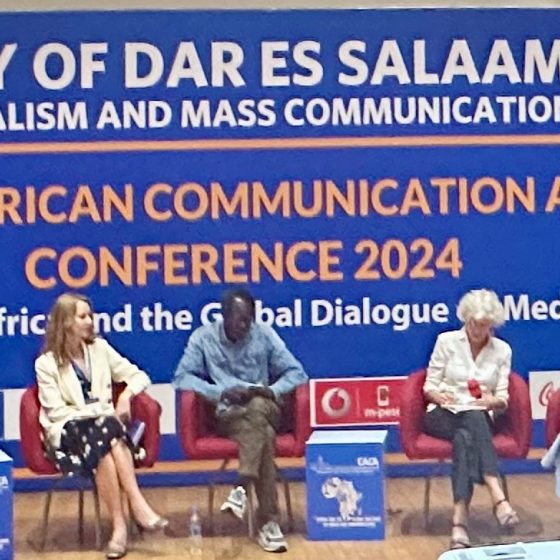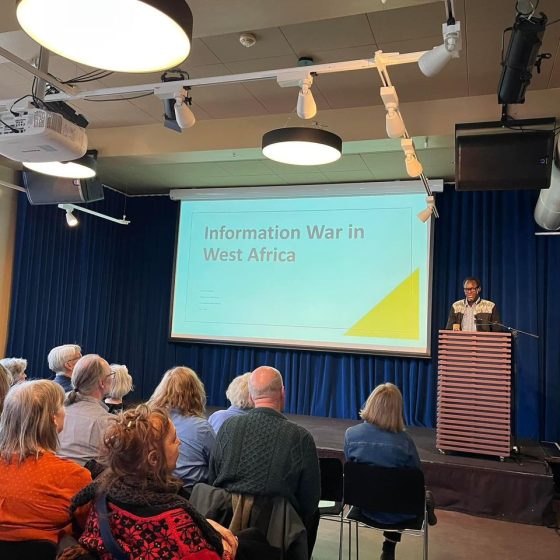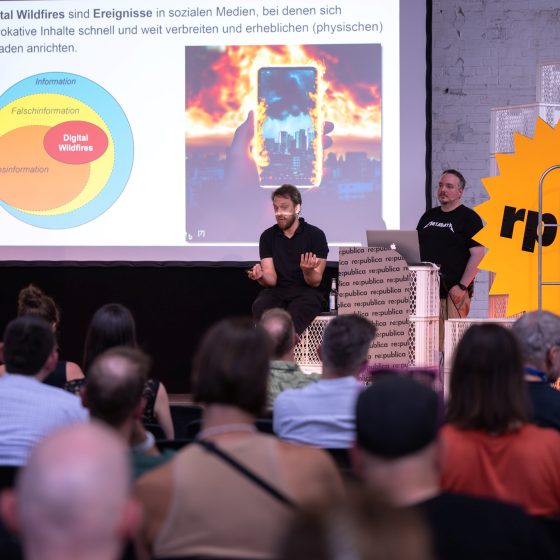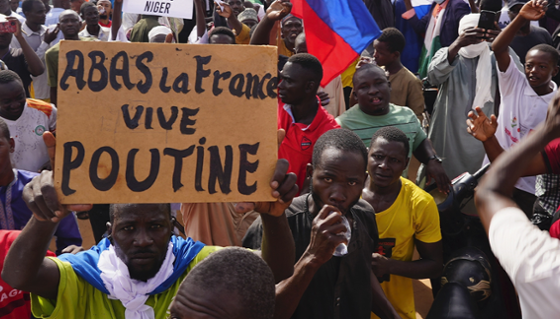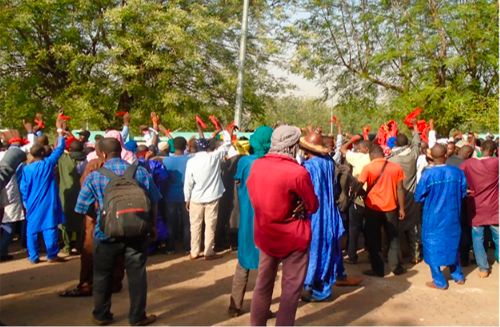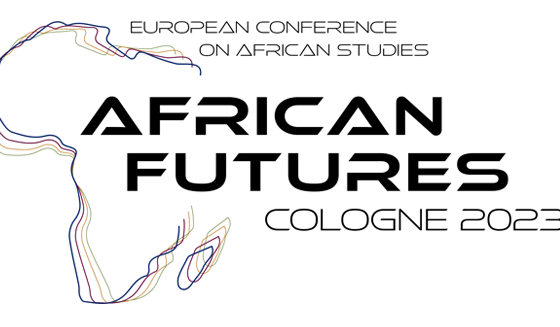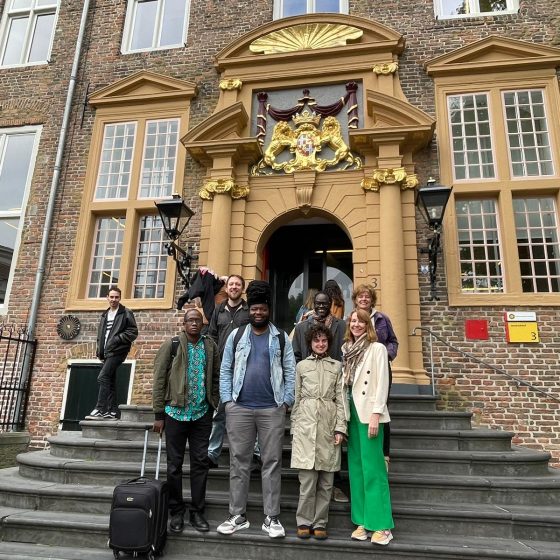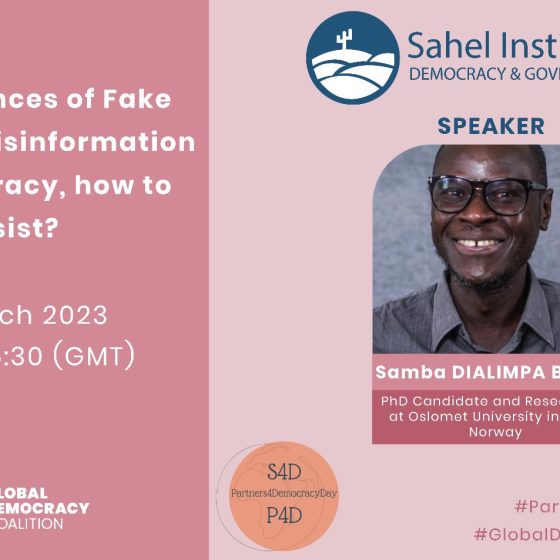Samba Badji Debuts with Exciting Research
Samba Badji, DDMAC team member and researcher, has published his first journal article in Media and Communication. The research, titled "An Exploratory Study of Fact-Checking Practices in Conflict and Authoritarian Contexts", explores fact-checking practices in Ethiopia and Mali in times of conflict under restricted press freedom. The paper was co-authored…
read more

